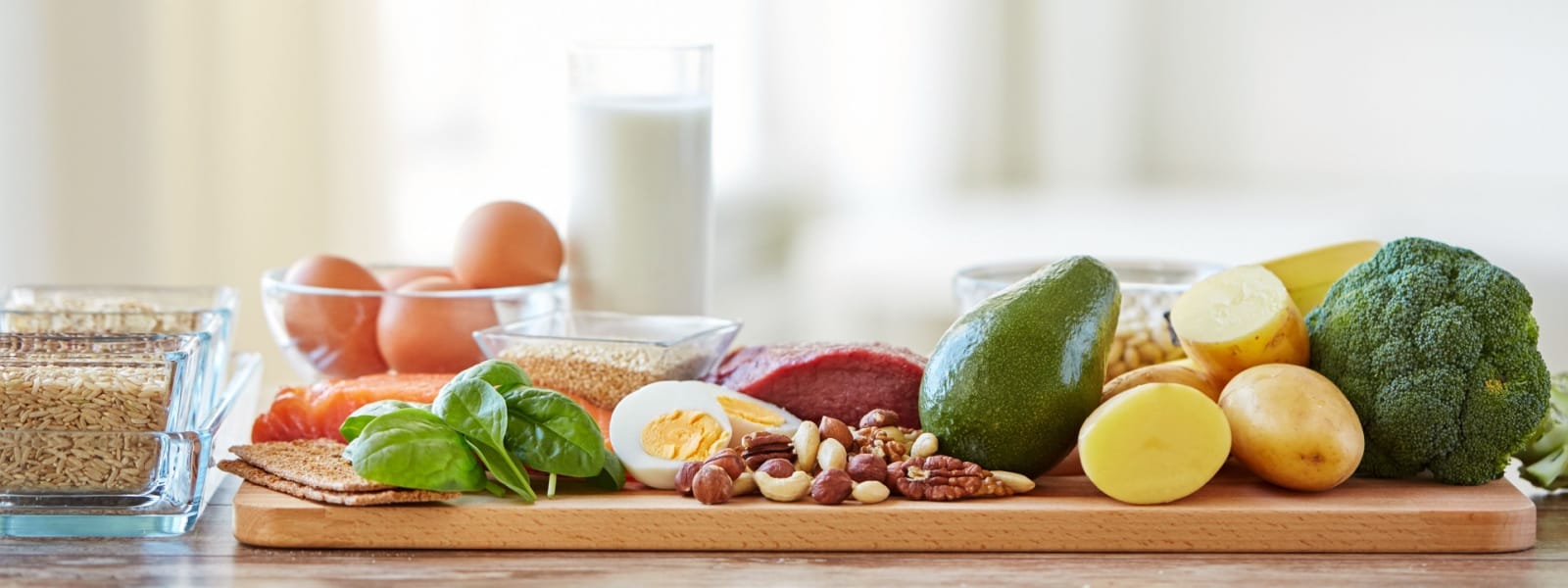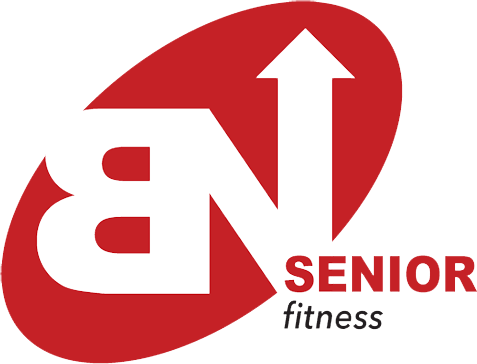Nutrition for Older Adults
Latest Information
Call Us Today!
Give us a call today for a FREE consultation.
309-530-0479
Categories
Nutrients are simply substances within foods that your body needs in order to function regularly. They include carbs, proteins, fats, minerals, vitamins and, of course, water.
Good nutrition is obviously critical regardless of your age. It’s what supplies you with energy and also can help you regulate your weight. Proper nutrition also can help to reduce the risk of diseases like osteoporosis, certain cancers, high blood pressure and type 2 diabetes.
But as we age, our bodies and lifestyles change, too. That means what you need to remain healthy also changes. For example, although you may require fewer calories, you’ll need to take in enough nutrients. A lot of older adults could benefit from more protein.

However, changes can happen during the natural process of aging that can make it more difficult to eat healthy:
- Too much sedentary time at home. Living alone due to divorce or the loss of a spouse can be disruptive and cause people to lose their focus on eating right
- Illness can make it a lot harder to prepare meals
- Medications can affect the way food tastes, cause dry mouth or cause loss of appetite
- Our sense of taste and smell can diminish
To remain healthy as we age, follow these basic guidelines when it comes to planning your diet:
- Try foods that provide you with plenty of nutrients that don’t add too many extra calories
- Eat fruits and veggies. (Choose a variety with bright colors!)
- Whole grains, such as oatmeal, brown rice and whole-wheat bread
- Low-free or fat-free milk and cheeses, or try soy milk with added calcium and vitamin D
- Seafood, eggs, poultry and lean meats
- Beans, seeds and nuts
- Avoid consuming too many empty calories, which are foods that have lots of calories yet few nutrients like candy, chips, pop, baked goods and alcohol

Hawkins Williams
Certified Fitness Specialist for Older Adults




